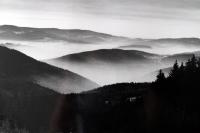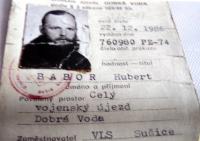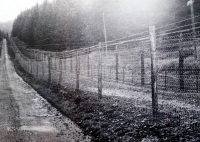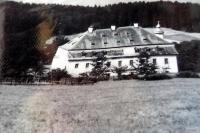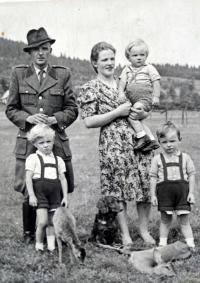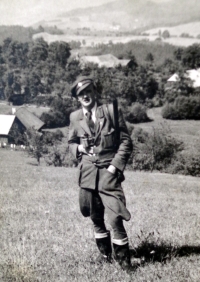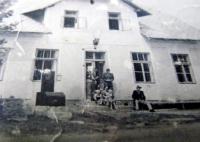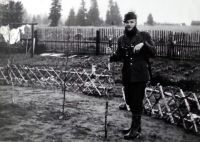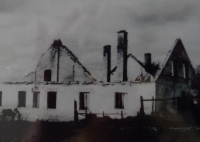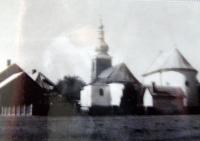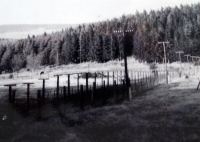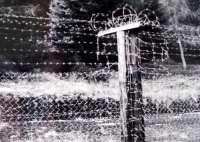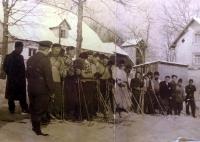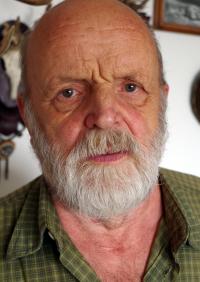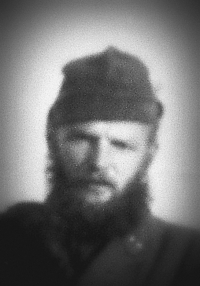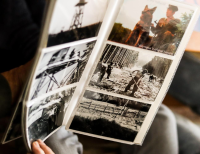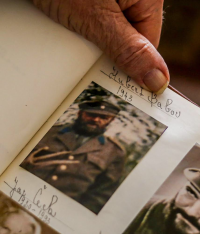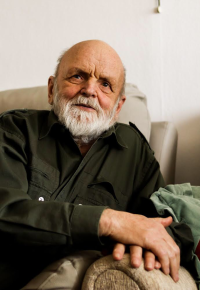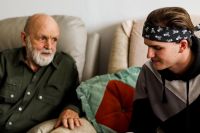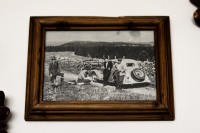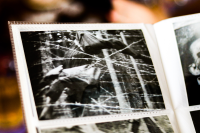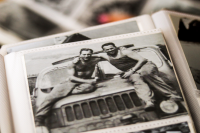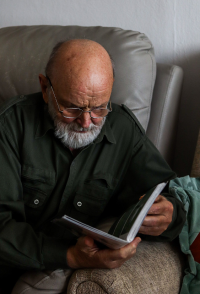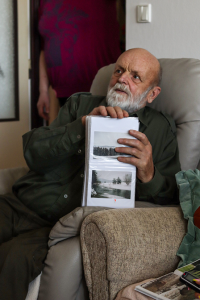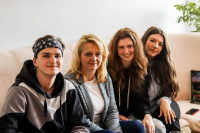Everybody here looked down on Germans

Download image
Hubert Babor was born in Oberkirchen near Hannover on 11 August 1943. His Czech father was deployed on forced labour in Germany and met his future German wife there. The family moved to the Šumava mountains in Czechoslovakia in 1947. Hubert spent his childhood in the post-war borderland that underwent major changes after the Sudeten Germans were exiled. As a child he witnessed the demise of the old Šumava and the demolition of abandoned villages and settlements. He saw the rise of the Iron Curtain and of the Dobrá Voda military region in the 1950s. The setting up of the military region and the closure of the border zone greatly affected the lives of the people who lived near the border. Hubert graduated from a forestry school and started working for the Military Forest Operations as part of the military region. Aside from the earliest childhood, he spent his entire life in the Šumava borderland, and his biggest hobby - photography - allowed him to capture the Šumava wildlife as well as living near the Iron Curtain. He has two daughters and a son who carries the family tradition as a gamekeeper in Šumava. Having retired in 2005, he has been living in Hartmanice with his partner.
